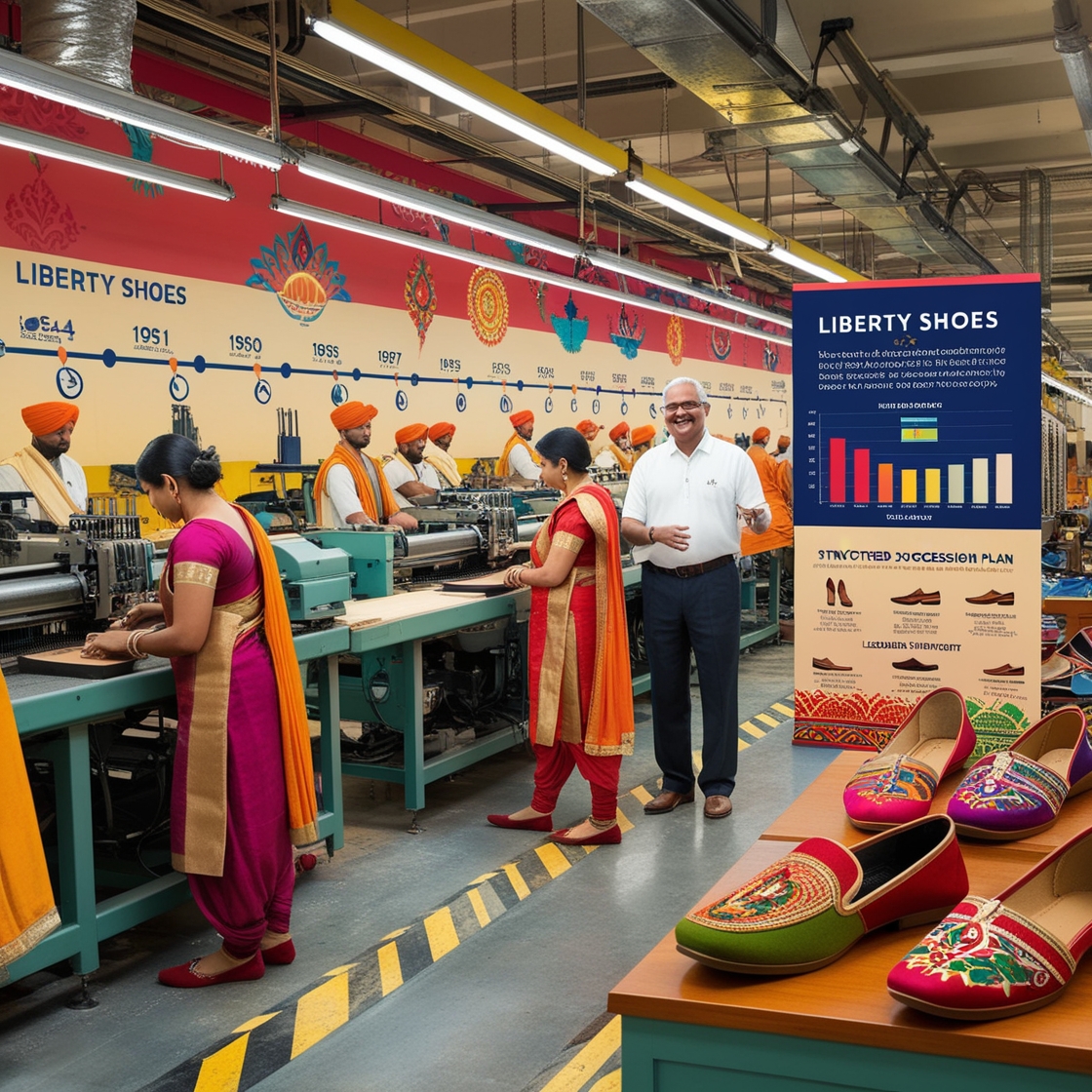
 Case Study
Case StudyA CASE ON "NAVIGATING THE LABYRINTH OF SUCCESSION: LIBERTY GROUP'S FAMILY SAGA"
Abstract: Liberty Shoes, established in 1954, is a prominent Indian footwear brand known for its comfort and quality. Founded by DP Gupta, PD Gupta, and RK Bansal in Karnal, Haryana, the company has grown from producing just four pairs of shoes daily to manufacturing 50,000 pairs across five state-of-the-art Humantech centers. Liberty Shoes exports to 25 countries and operates 10 distinct brands under its umbrella. The company faced significant challenges following the unexpected deaths of its founders in the early 2000s, which underscored the need for a structured succession plan. This case study examines Liberty Shoes' journey, the importance of succession planning, the challenges faced, and the strategies that can be adopted from other successful family businesses.
Learning Objectives
• Understanding the Importance of Succession Planning: Students will learn why succession planning is crucial for family businesses and how it impacts business continuity, family harmony, and strategic growth.
• Identifying Challenges in Succession Planning: The case highlights common challenges such as balancing family dynamics with professional management, legal disputes, and maintaining family cohesion.
• Analyzing Effective Succession Planning Models: By examining the strategies used by companies like Dabur, Emami, and Godrej, students will understand different models of succession planning and their applicability to Liberty Shoes.
• Strategizing for Future Growth: Students will develop strategies for Liberty Shoes to ensure smooth leadership transitions, preserve family legacy, and support long-term growth.
-
 Pub Date:19 Dec 2024
Pub Date:19 Dec 2024 -
 Source:ICRC
Source:ICRC -
 Discipline:Human Resource Management
Discipline:Human Resource Management -
 Product#:3001
Product#:3001 -
 Keywords:Family Business, Succession Planning, Footwear Industry, Generational transition, Strategic Alignment
Keywords:Family Business, Succession Planning, Footwear Industry, Generational transition, Strategic Alignment -
 Length:Pdf : 10 page(s) ,
Length:Pdf : 10 page(s) ,
 Case Study
Case Study